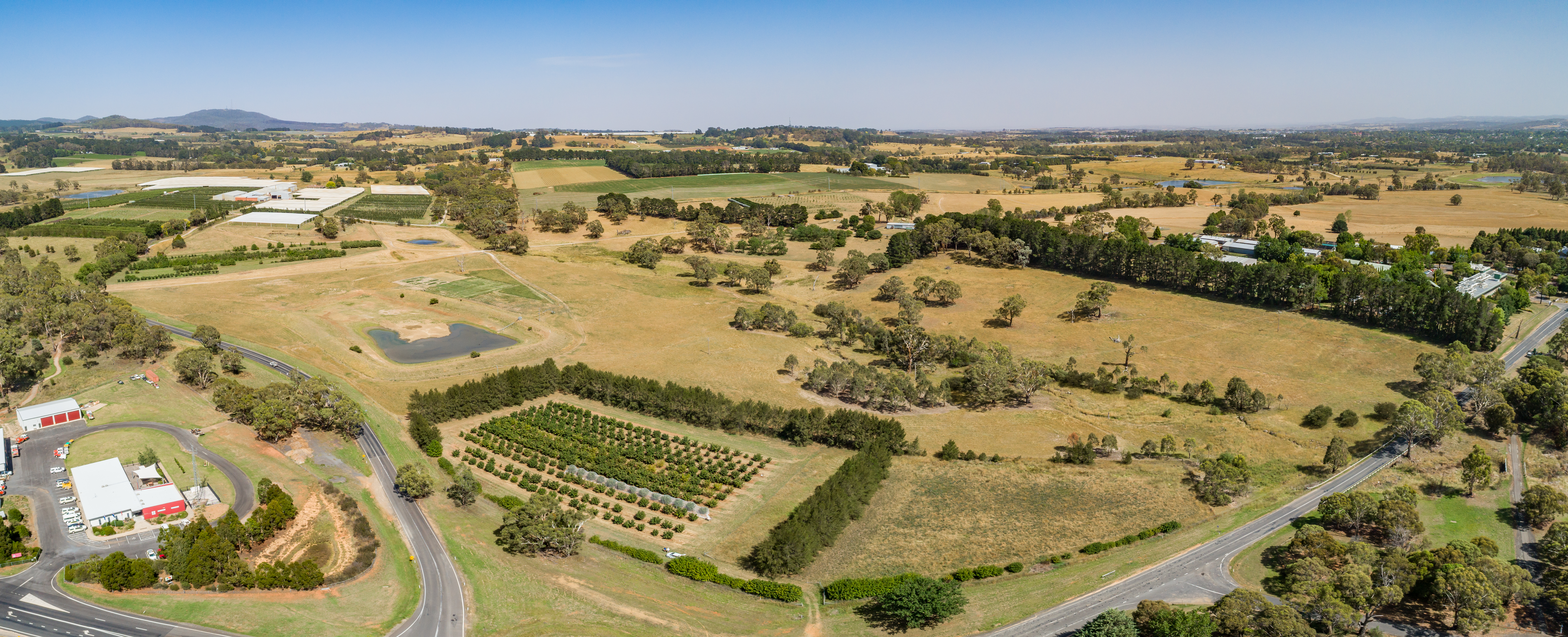Overview
The Orange Agricultural Institute (OAI) focuses on a variety of solutions across a range of agricultural and biosecurity fields, developing practical solutions, and providing vital services to support our livestock, crops and environment.
OAI is a working farm comprising of 183 hectares of land that supports 5 hectares of irrigated orchards with over 5000 fruit and nut trees, grapevines, a long term grazing trial with over 1000 sheep, research laboratories and a training centre that is available for hire.
The Institute is recognised internationally for producing quality science, contributing to DPI's global rank as one of the top 1% research organisations in plant, animal and agricultural science.
OAI also has a strong regional focus. Home to a number of co-located entities including NSW Department of Primary Industries, Central Tablelands Local Land Services, & Soil Conservation Services, Lands and Water, Water NSW and the Global Agri-Tech Ecosystem, collaborative teams of research units at OAI strive to deliver technology and research outcomes for improved farm management and work practices
Our research
OAI works to deliver key research, and develop and support the agricultural industry.
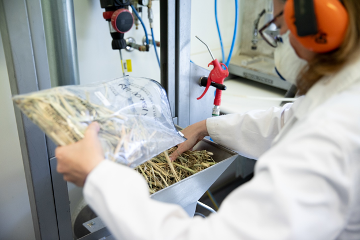
Our facilities & services
OAI offers a range of facilities from labs, training centres and testbeds.
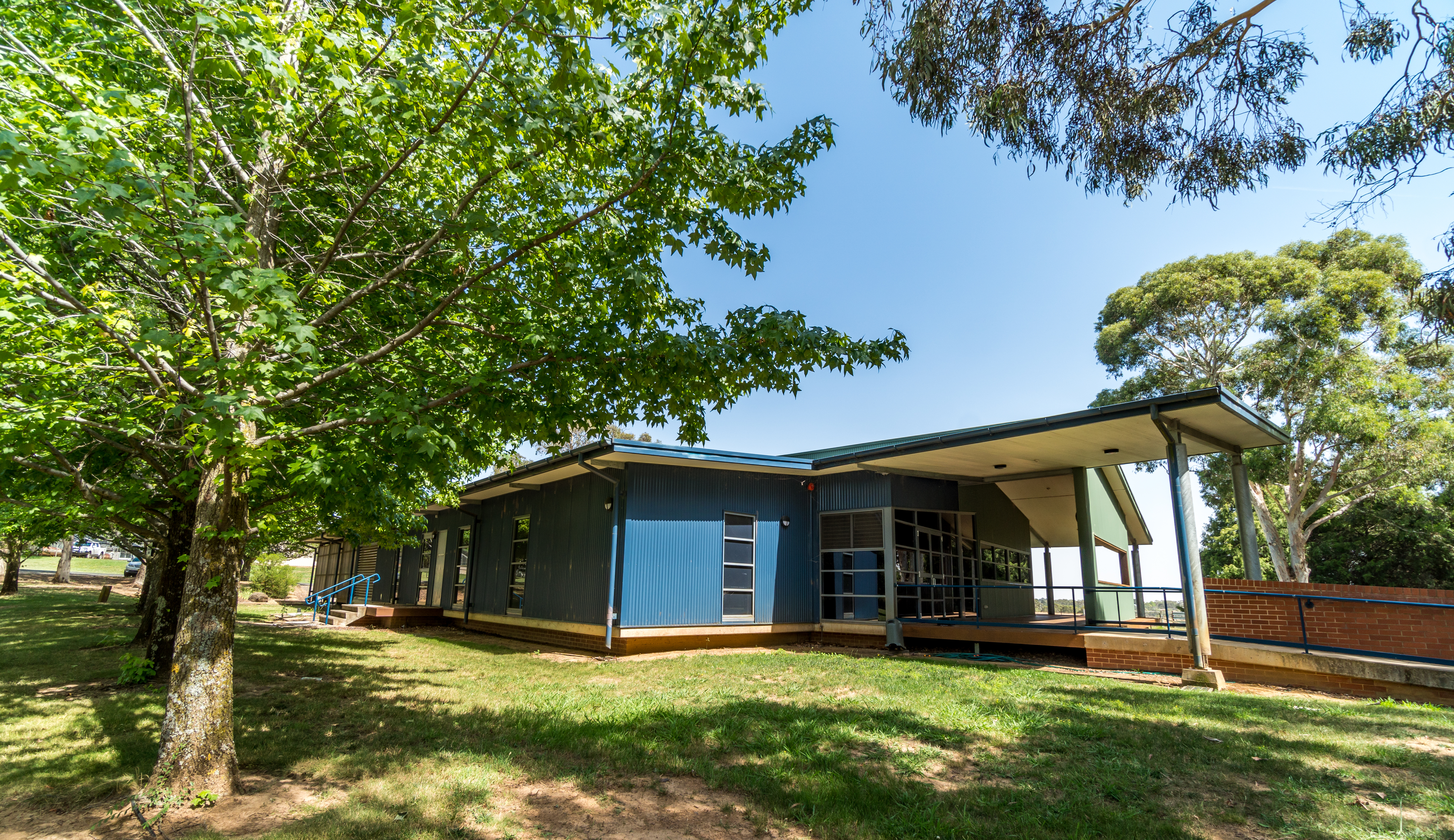
Visit, events and learn
OAI offers various event, visit and engagement activities for producers, students and the broader community.
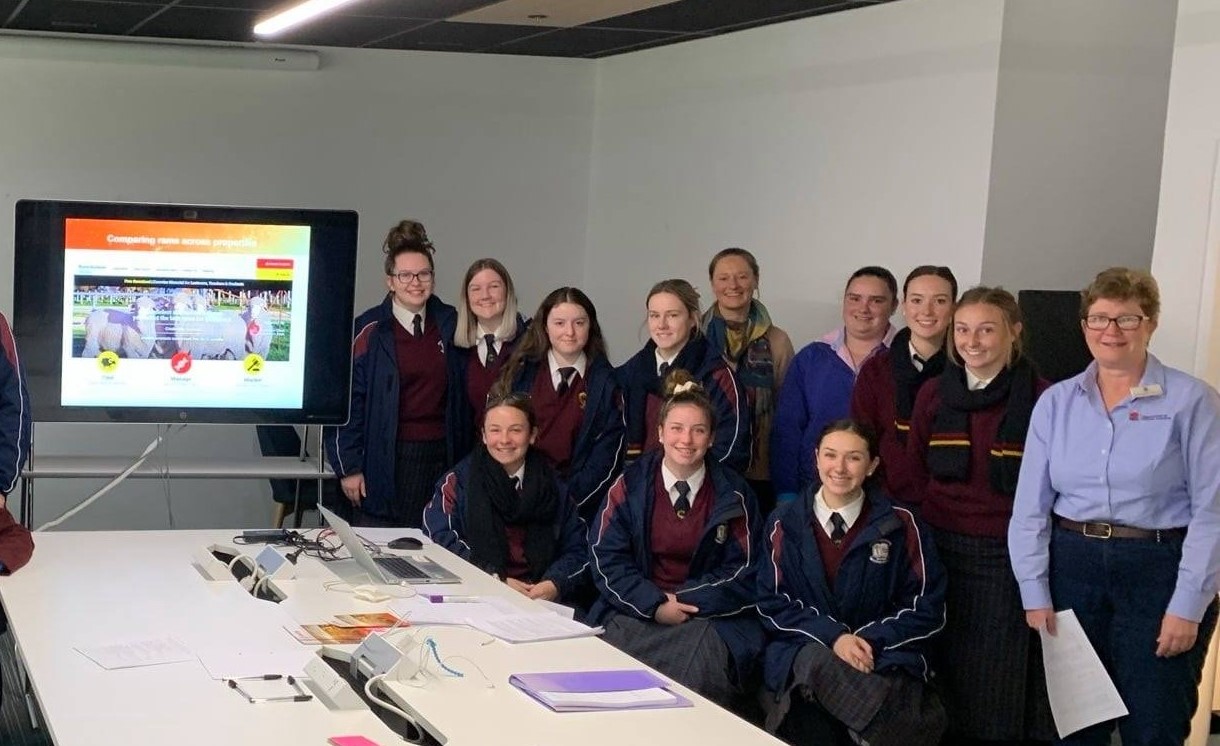
Key Programs and Initiatives
State Coordination Centre
The State coordination centre plays an integral role in mitigating the risk of a serious biosecurity event impacting the NSW agricultural sector and the State’s economy.
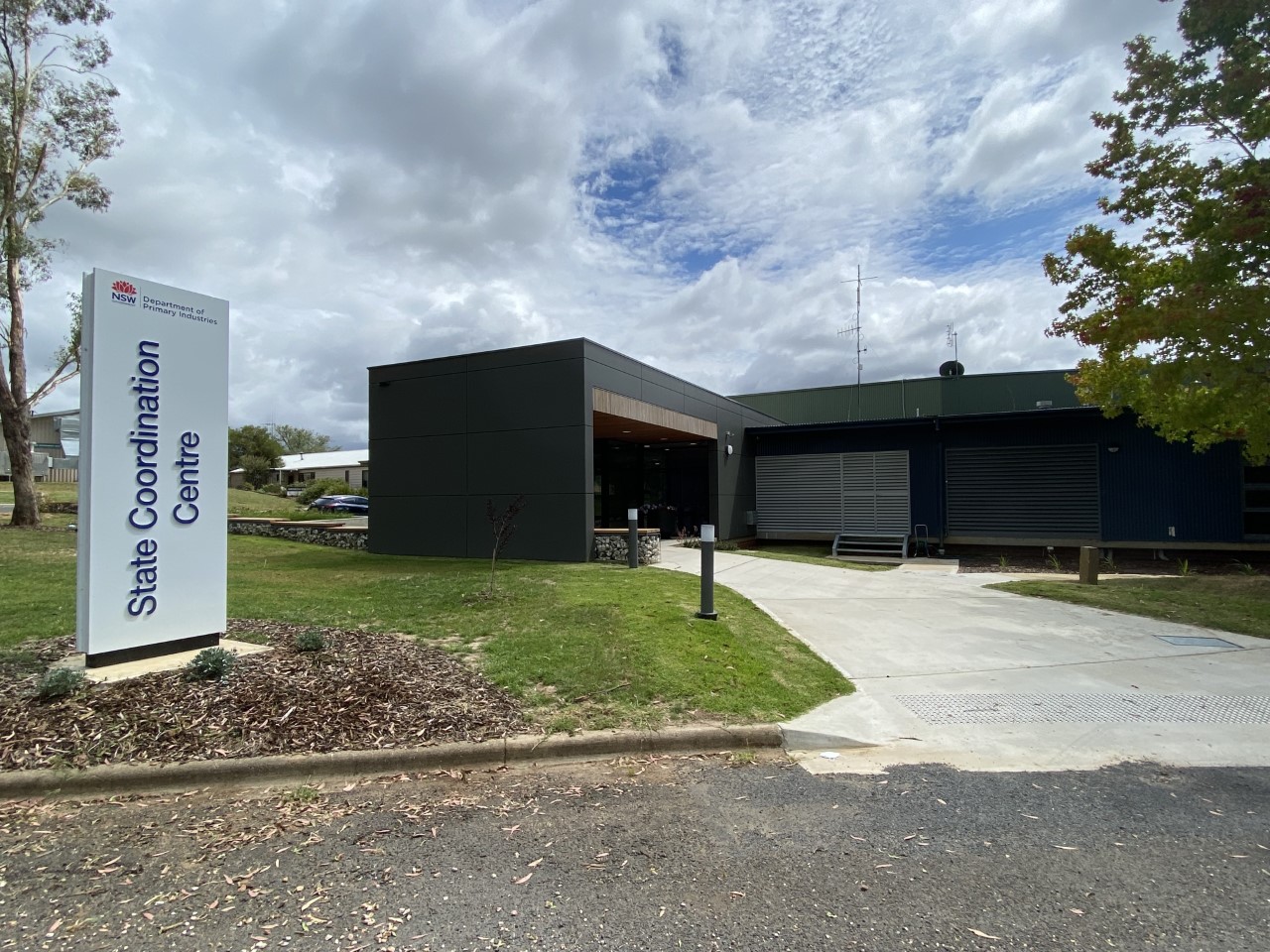
Biosecurity Collections
The Biosecurity Collections provides specialist taxonomic and plant biosecurity surveillance expertise to identify pests and diseases
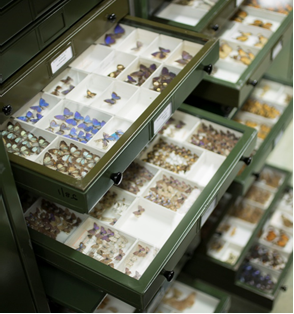
Cherry Testbed
The Cherry Testbed will be a showcase of best practice management and technology for cherry production and processing

Farms of the Future
The Farms of the Future program will deliver on-farm connectivity and encourage farmers to adopt ag tech to boost productivity and improve resource management, including water efficiency and drought preparedness
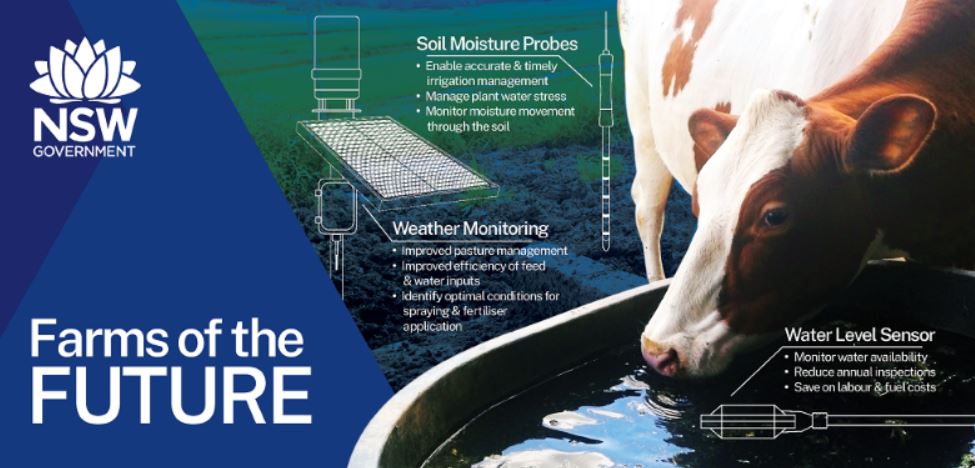
The GATE (Global Ag-tech Ecosystem)
The GATE is a collaborative research and technology facility in Australia specifically designed to develop ag-tech ideas.

Local Land Services - Central Tablelands
Central Tablelands Local Land Services is co-located at the Orange Agricultural Institute. Visit their website to find out about the range of services available to help industry.
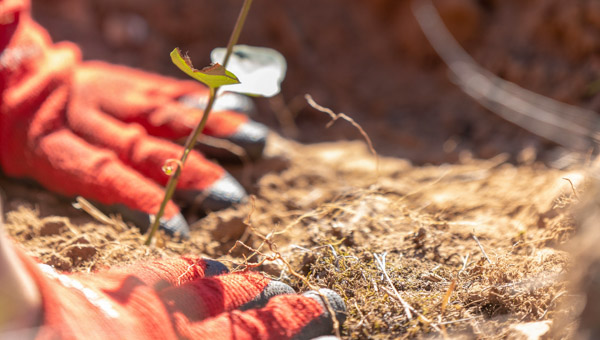
Research Station Request for Opportunity
Completing the Research Station Request for Opportunity form assists DPI staff to respond to requests against DPI availability on site.
Request for opportunity formOur region and output
Agriculture is a key industry for the Central Tablelands economically and for the scenic and environmental qualities of the rural lands where agriculture is undertaken. The area is particularly important for beef, sheep and wool, horticulture, and cropping. The Central Tablelands has the advantage of topographical variability with landscapes that support broadacre cropping and livestock production, alluvial valleys suited to irrigated hay and vegetables and horticulture in higher altitude areas. This coupled with infrastructure as well as access to markets in Orange, Sydney, and Newcastle make the Central Tablelands one of the most successful agricultural areas in NSW.
More details on Central Tablelands Region Primary Production
| Production | Value | State share |
| Cattle and calves | $ 179,795,629.46 | 7% |
| Sheep and lambs | $ 141,625,813.25 | 10% |
| Forestry (estimated)^ | $ 118,146,279.08 | 22% |
| Wool | $ 78,863,320.16 | 10% |
| Eggs | $ 49,603,975.23 | 19% |
| Apples | $ 28,452,130.91 | 52% |
| Wheat | $ 21,912,469.82 | 3% |
| Poultry | $ 20,655,775.74 | 2% |
| All other vegetables n.e.c. | $ 14,865,738.88 | 12% |
| Cherries | $ 13,192,047.21 | 44% |
| Total primary industries | $ 760,305,776.21 | 6% |
Data from sourced from ABS, ABARES & DPI 2021.
Our climate
Orange Agricultural Institute is at an elevation of 922m. Weather records date from 1976 to the present and show a narrower band than the earlier records from the Orange Post Office 1907 – 1965; although from a later period, the OAI temperature records provide an indication of the effect of higher altitude. This effect is continued on the higher altitude horticultural areas on the slopes of Mount Canobolas.
The relatively cool district climate suits viticulture and other deciduous fruits with winter chilling normally exceeding 1200 hours.
Total annual rainfall in the district also varies with altitude and topography but averages around 900mm with lesser rainfall during autumn. Snow usually falls in the district several times each Winter.
An onsite weather station provides daily weather information to the Bureau of Meteorology.
Our history
First established in the 1960’s, Orange Agricultural Institute began as a potato research station and planted the first permanent plants of apples and cherries, heralding a change to permanent horticulture. Research quickly broadened to include weeds and pasture research to improve the profitability and sustainability of livestock production.
1980 saw the main office and laboratory be built with research activity expanding into entomology, sheep and plant pathology and in 1997, a new building for the Scientific Collections Unit was built with specialised controlled environment facilities to preserve insect and mite collection, as well as the herbarium.
In 2016, refurbishment of old laboratories saw the commissioning and certification of the first weed biocontrol quarantine facility (Biosecurity Insectary Containment) for NSW and 2018 saw the refurbishment of veterinary laboratories and the development of the Global Ag-Tech Ecosystem (GATE). The GATE is an initiative of the NSW Government for increasing connections between public research and private sector innovation to create new products and services. www.thegate.org.au
Orange Agricultural Institute Video
News and case studies
Contact
Address
1447 Forest Road
Orange NSW 2800
Postal address:
Orange Agricultural Institute
1447 Forest Road
Orange NSW 2800
Contact
Phone: (02) 6391 3800
International: +61 0 6391 3800
Fax: (02) 6391 3899
